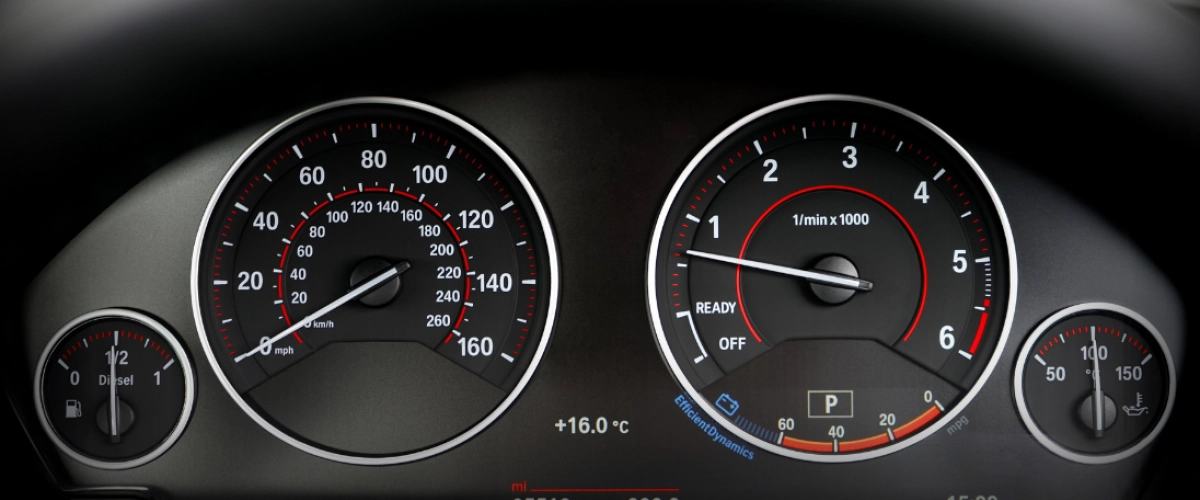The secret conspiracy of the German Volkswagen, Daimler and BMW concerns

21.05.2024
·
4 minutes of reading
Despite the ongoing controversy surrounding diesel engines, cartels have long been an integral part of the German business culture. The latest attempt to challenge Chancellor Angela Merkel's significant lead in the upcoming elections is based on the belief that Germans will overlook a significant part of German history.
The three major auto manufacturers in the country - Volkswagen, Daimler, and BMW - have been accused of colluding on dozens of issues related to technology.
Most Germans currently support the idea of banning diesel vehicles that do not meet current emission standards, and many of them believe that the automotive industry, which has been a source of national pride in the past, is no longer reliable.
On Wednesday, leaders from the automotive industry will attend a "diesel summit", calling on the government for solutions. This is part of Chancellor Merkel's election strategy, even though she will not be present at the event. Her competitors, especially the Green and Social Democratic parties, argue that she has been closely associated with industry leaders over the years, leading to a series of scandals. In order to maintain her lead in the polls, the Chancellor must demonstrate that she has control over the situation.
A ban on older diesel vehicles - abandoning the industry requires software fixes as an alternative - now seems especially likely due to a ruling by a Stuttgart court upholding an environmental group's request for such a ban in the city. However, Merkel's government seems unlikely to take decisive action to prevent automakers from cooperating. In 1942, Heinrich Brack, a prominent German lawyer who escaped to the United States to avoid Hitler's persecution, wrote two articles about the development of cartels in Germany. He described how cartels emerged in connection with Otto von Bismarck's protectionist policies, introduced in the late 1870s and attributed to the rapid growth of the German industry before World War I. Companies in many industries have joined forces to create common sales structures and eliminate internal competition, making the German industry more competitive in the global market. In 1901, there were already 450 cartels.. They made Germany the dominant industrial power not only because they abused their market position but also because they were able to combine research and development. Public opinion and the courts supported cartels, which led to exponential growth in German exports. However, this agreement was not without costs. The immediate price Germany had to pay for this development was not seen as too high at the time, but it became clear later that the freedom of the individual was disappearing more and more, and free competition became a struggle for future quotas within cartels. Liberal economists at universities pretended not to notice and continued to act as if they were living in a period of free trade, while every identity protection device became an unconscious cartel and monopoly control mechanism.
The fact that freedom of action disappeared in the sphere of life where it should have been most prominent influenced the entire philosophy of everyone, regardless of their place in the country. Even after World War I was lost and the first anti-trust legislation was passed, the only way to combat German cartels was through involvement. Philips did this in the 1930s, by suing Telefunken, a joint venture between Siemens and AEG, and then entering into a new cartel agreement to share control of the German and Dutch radio industries.
The Nazis, with their attempts to control prices, were a major threat to cartels. They forced businesses to merge when other forms of incentives did not work. "Cartels were seen as a form of economic organization superior to unregulated competition," wrote Wilfried Feldenkirchen in a 1992 study on German competition policy.
After World War II, the United States encouraged Germany to move towards de-monopolization.; It was necessary to establish a more liberal economic order, but German businesses resisted these efforts. Antitrust legislation took years to pass, and Feldenkirchen noted that U.S. pressure was a driving force behind this process, but it also had contradictory effects, as the German government responded to American demands in detail.
The collapse of vertical combines in heavy industry soon led to an increase in horizontal concentration, and German business culture led to the creation of a system of interconnected directors in large companies that still exists today. Before 2005, all types of intra-industry agreements were exempt from antitrust laws as "rationalization cartels," which could lead to greater efficiency through generally accepted industry standards for research and development.
In accordance with the European Union's current ban on "any agreements, concerted actions, or decisions by associations of enterprises that aim to restrict competition", such measures are difficult to justify. Therefore, Volkswagen and Daimler have tried to be proactive, reporting to the German and European authorities about dozens of working groups related to car production. The rules have changed, but the German belief that companies in the same industry should work together to improve efficiency and competitiveness has not changed.
It is wrong to expect Merkel, as a German conservative, to attempt to eradicate this belief and start a battle with automakers. Instead, she aims to criticize what needs to be criticized while understanding the strategic importance of the industry for Germany. Ulrike Demmer, Merkel's spokesperson, said, "It's not about starting a war, it's about calling out what needs to be called out."
Germany has tried its best to forget various aspects of its past, but it is impossible to completely erase them, especially because some traditions have helped contribute to Germany's current economic strength. The automotive industry is trying to adapt to tougher regulations and technological changes, and the government under Merkel will try to guide it through this process as gently as possible, even though it may be politically difficult.
Comments


